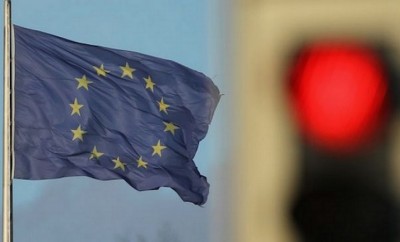
Is Europe Ready for a Pandemic?
The spread of the coronavirus will test the resilience of European countries and governments’ ability to communicate without sowing panic among the population.
FRANÇOIS HEISBOURGSENIOR ADVISER AT THE INTERNATIONAL INSTITUTE FOR STRATEGIC STUDIES
Students of philosophy and literature know that natural disasters can have a big impact on the way we look at the world. Such was the case of the Lisbon earthquake of 1755, of Voltairian and Enlightenment fame.
The COVID-19 (coronavirus) outbreak may have a similar effect on our Weltanschauung. By decoupling even only temporarily and partially the economy of China from the rest of the world, the budding pandemic will signal the potential end of globalization as we have known it since the 1980s when the Soviet bloc disappeared and China chose to enter the international marketplace.
The idea that “globalization is no longer global,” that it is fated to be replaced by an assemblage of Grossraumwirtschaft blocs (transnational economic blocs) reminiscent of the 1930s may be the conceptual outcome of the coronavirus. Trump’s attacks on the international trading system have prepared the ground for this shift.
Will the EU rise to the immediate challenge? Given its remarkable unity in the face of Brexit, one would like to answer “yes” with confidence. However, the apparent initial lack of EU cohesion in the face of the virus’s surge in Italy does not inspire confidence. What is clear is that public opinion will not forgive a perceived collective failure.
Συνέχεια ανάγνωσης εδώ




